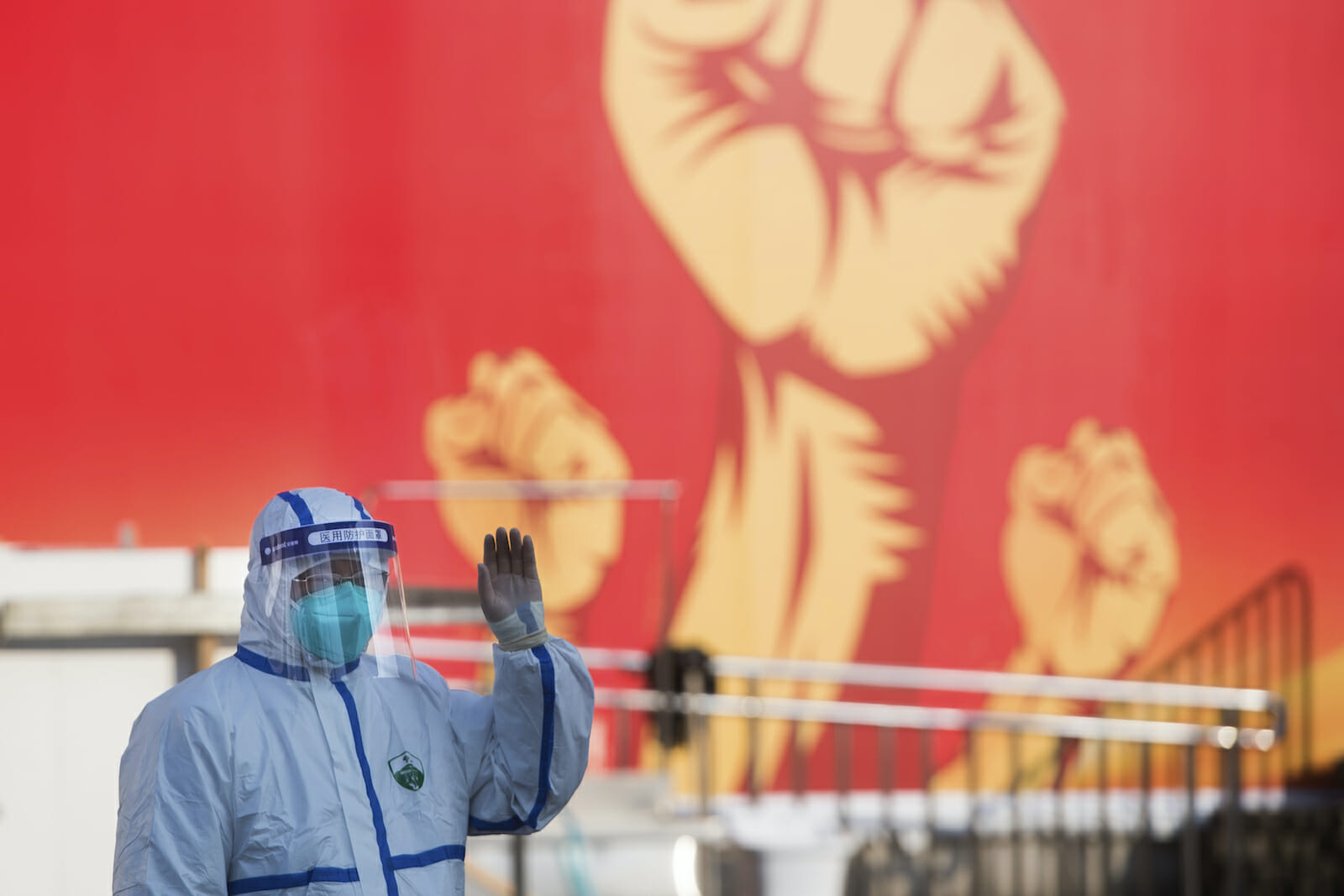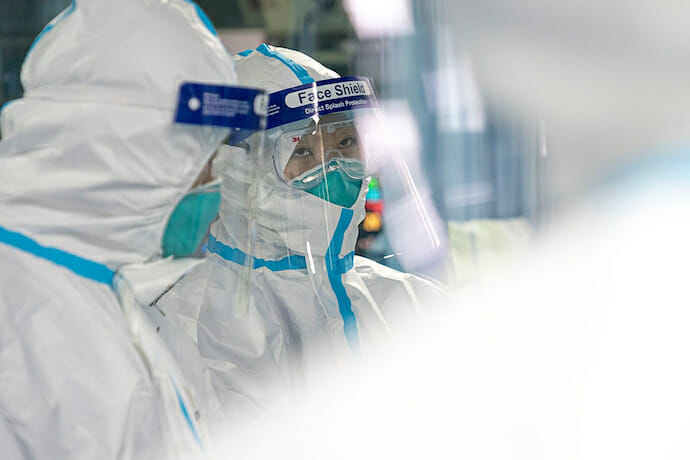
Disease Diplomacy and the Heavy Hand: China and the Coronavirus Problem
Authoritarian responses, with the gloved heavy hand, will always find its admirers. The reaction by Chinese authorities to the novel coronavirus (now named COVID-19) outbreak has been receiving its fair share of gushing praise from some medical circles. No country builds hospitals as quickly as they do; or seal off threatening areas with greater speed.
The measures have been extreme, extraordinary and not lacking in a certain brutality. World Health Organisation chief Tedros Adhanom is grateful for efforts at “slowing the spread to the rest of the world.” This was not all, and the doctor was also happy to offer a political observation. “China’s speed, China’s scale and China’s efficiency…is the advantage of the China system.” Tweeting at the end of January, he lauded Beijing for “setting a new standard for outbreak response.”
This was bound to cause a stir. Was the WHO chief showing a degree of tolerance towards the one-party state way of doing things? No, claims David Nabarro, former special adviser to the UN Secretary-General on the 2030 Agenda for Sustainable Development and Climate Change. “He has to work with the Chinese…He can’t just start slagging them off.”
In many ways, #China is actually setting a new standard for outbreak response. Our greatest concern is the potential for the virus to spread to countries with weaker health systems, and which are ill-prepared to deal with it. #2019nCoVhttps://t.co/GdUQZGvzkd
— Tedros Adhanom Ghebreyesus (@DrTedros) January 30, 2020
Tedros, for his part, has taken the view that peering into the cerebral apparatus of the Chinese state is an exercise in distracting futility. “Nobody knows for sure if they were hiding [anything],” he surmised in an interview with the Financial Times. Nobody, evidently, did not extend to the all-knowing Tedros, who deduced that concealment was not consistent with containment. Concealing the spread would not have prevented a spread to other countries. “The logic doesn’t support the idea [of a cover up]. It’s wrong to jump to conclusions.” The PRC authorities, he noted, “identified the pathogen and shared the sequence immediately.” They were to be congratulated “for hammering the epicentre. They are actually protecting the rest of the world.”
Special words were reserved for China’s leader. Cringe-worthily ingratiating, he found President Xi Jinping’s awareness remarkable. “I was stunned by the knowledge he had. He was personally living it. That’s good leadership.”
Tedros’ praise sounds awfully like various delight. He had previously been accused when running for the WHO top job of having a rather patchy record in responding to cholera outbreaks in his native Ethiopia, or its preferred symptom, acute water diarrhea (AWD). Under his watch as health minister, health workers were told, according to Human Rights Watch, “not to refer to cholera outbreaks as such, instead referring to outbreaks as ‘diarrhea’ or AWD.” That’s disease diplomacy for you.

As for hammering that epicentre, Wuhan’s 11 million-strong populace finds itself under the world’s largest lockdown. Those who have managed to find the means of evacuation from Wuhan face mandatory quarantine periods in reaching their home destinations. In the US, the Centers for Disease Control and Prevention went so far as to order a 14-day mandatory period for 195 evacuated passengers, prompting Jay Stanley of the American Civil Liberties Union to point out that, “Quarantining somebody is an extraordinary deprivation of their liberties.”
Stanley’s sensibilities are not entirely addled. The burden is on governments to find the least intrusive method of achieving public health goals. “The bottom line is these kinds of policies need to be based on science and not politics.” Well said, but far easier to put into practice. The Wuhan model, it might be said, has been exported, finding form in ambit quarantine measures reminiscent of those taken to deal with the Ebola virus in 2014.
As with much in the land of politics, such ideas of efficiency tend to be fables. The expansive Wuhan shutdown seems like grandiose theatre, a measure of reassurance for global markets and social stability. Within the bureaucracy, appropriate heads have been punished, despite initial tolerance towards their lethargy. The party secretary for the Hubei Health Commission has lost his post, as has the head of the commission, suggesting a spree of internal tidying. Appearance is central to performance.
As with any such crisis, albeit one made more difficult by an inherent dislike for transparency, exposing problems is not necessarily welcome. The late doctor Li Wenliang, a victim of the virus, caused sufficient consternation to trouble the censors and information managers. He had been one of the first to express consternation at the potential dangers posed, concerns which fell on resolutely deaf ears where it counted.
The deafness was intentional: Li had been taken to task by public security authorities for revealing his concerns on a WeChat group, supposedly for “disseminating rumours.” The seven patients quarantined at his hospital seemed to be showing symptoms loosely associated with the same family that gave the world SARS. Other medical staff similarly concerned were also taken to task.
His death subsequently led to a spike in disgruntlement, with the social media stream peppered with observations of the doctor’s martyr status. The Chinese blogging site Weibo grew thick with the hashtag “I want freedom of speech,” though the two million or so posts featuring it were gone within hours.
With that transformation in social media apparent, Dr. Li the troublemaker became Dr. Li the fallen soldier. Officialdom has rapidly co-opted the dead doctor’s legacy in an effort to wrest the narrative. Rather than making him vanish from the record as a dissenting irritant, a fate that befell Jiang Yanyong, a military doctor who took note of the discrepancy in reporting SARS cases, Dr. Li finds himself in the posthumous propaganda pantheon. Pity the land that needs heroes, but more appropriately, be wary of how they are minted in the first place.

